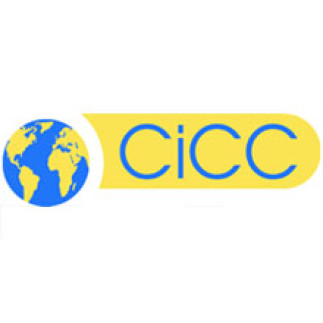Guest conference : Joris van Wijk
Joris van Wijk (1977) works as an Assistant Professor in Criminology at VU University Amsterdam. He finished his PhD research on irregular (asylum) migration from Angola to the Netherlands in 2007. In 2008, the European Society of Criminology granted him the Young European Criminologist Award for an article published in the journal International Migration. He briefly worked as a coordinator and researcher at the International Organization for Migration (IOM) and continues to work as a freelance consultant in the field of migration.
At this moment he teaches the course 'Victimology of International Crimes' in the selective Master International Crimes and Criminology at VU University. His current academic research project 'Escaping Justice' focuses on the granting of amnesty after large scale conflicts and the application of exclusion clause 1F of the Refugee Convention.
Summary
- March 2011: 'General Mangou (Ivory Coast) defects and takes refuge in South African Embassy.'
- March 2011: 'Minister of Foreign Affairs, former chief of secret service Koussa (Libya) defects and flees to the UK.'
According to international law perpetrators of war crimes and crimes against humanity are 'undeserving' to receive refugee protection. When there are 'serious reasons to believe' an asylum applicant committed such acts, he should :
1) be excluded from the asylum procedure, and
2) be prosecuted.
How do countries in actual practice deal with these international obligations? How do receiving states establish if someone has committed such crimes, how many persons are excluded, what crimes are they suspected of having committed and what happens after their exclusion?
Canada is a forerunner in setting up an integrated policy approach to deal with the above mentioned questions. It's case law and strategy serves as a leading example. In this presentation I will discuss the current situation in Europe, with a focus on the Netherlands. Many empirical, legal and ethical dilemmas remain at large.
Conférence présentée par le Centre international de criminologie comparée

